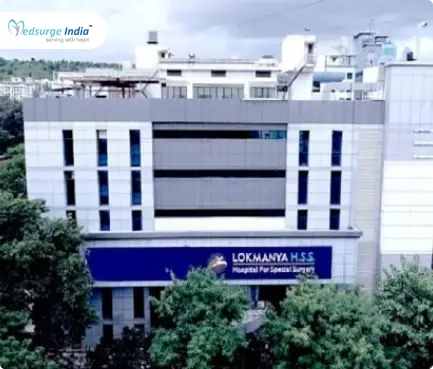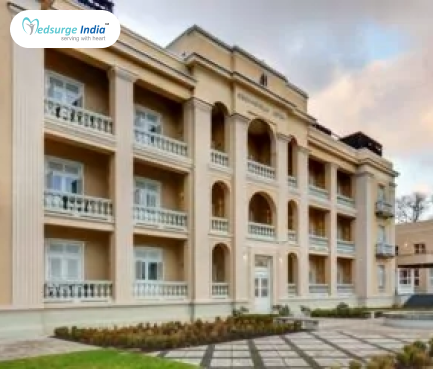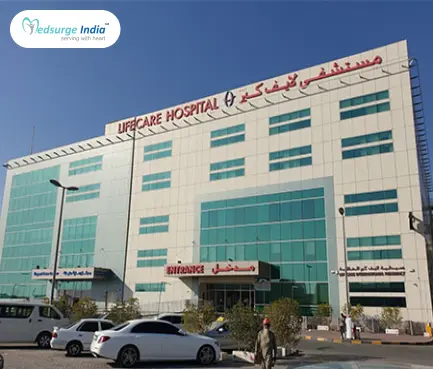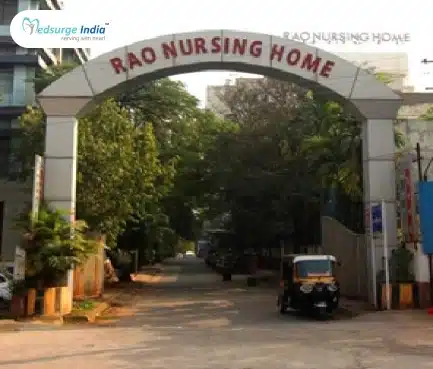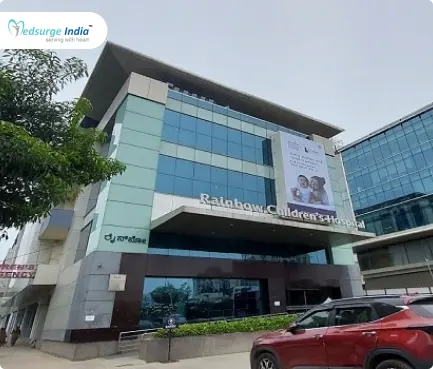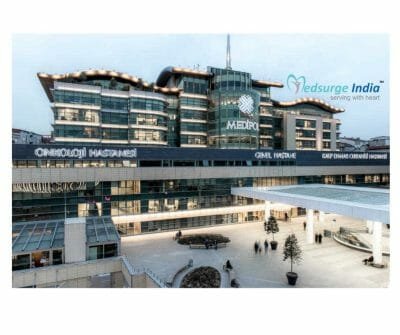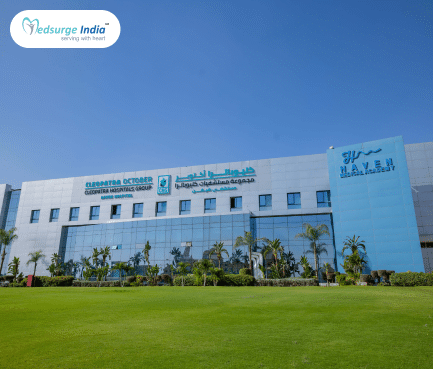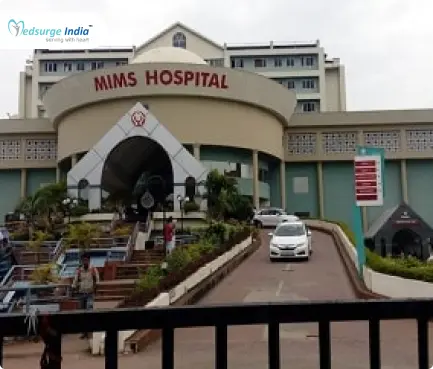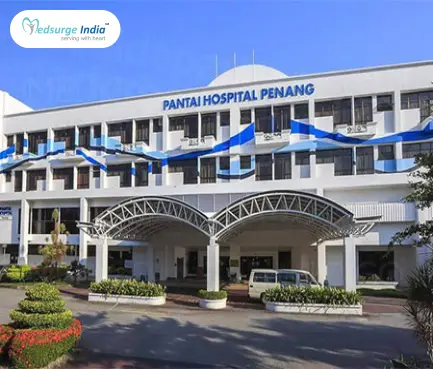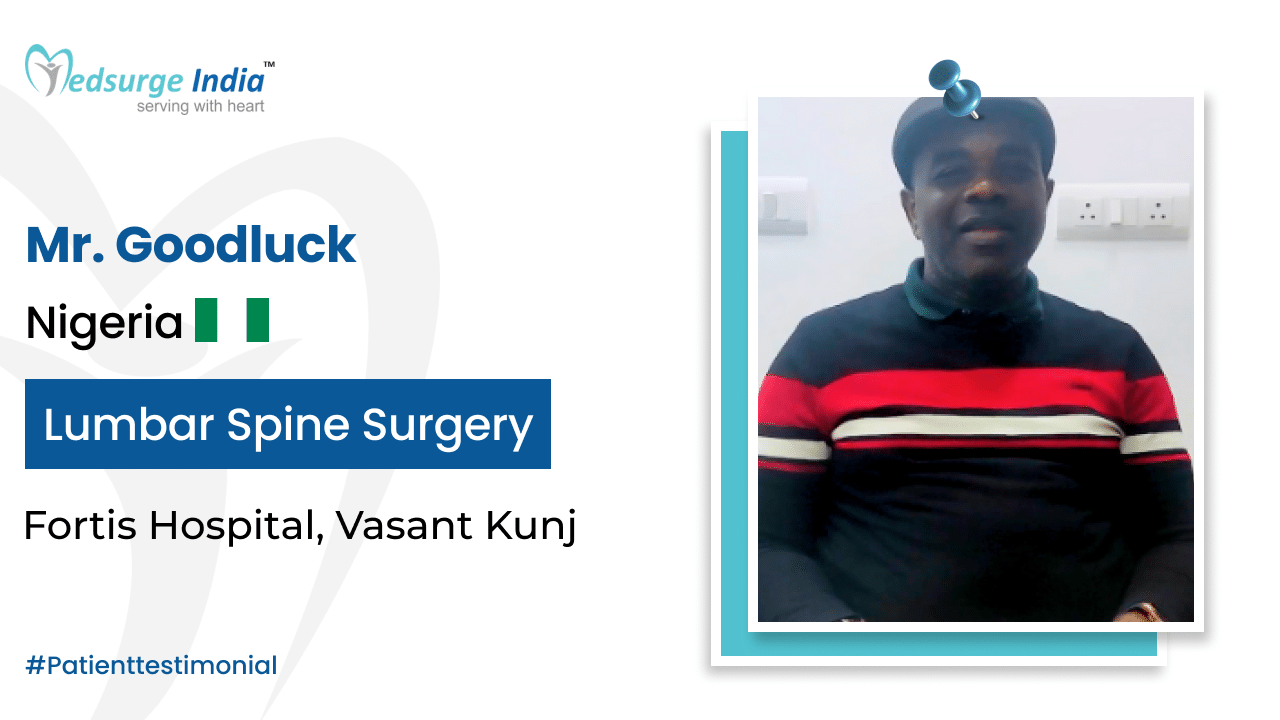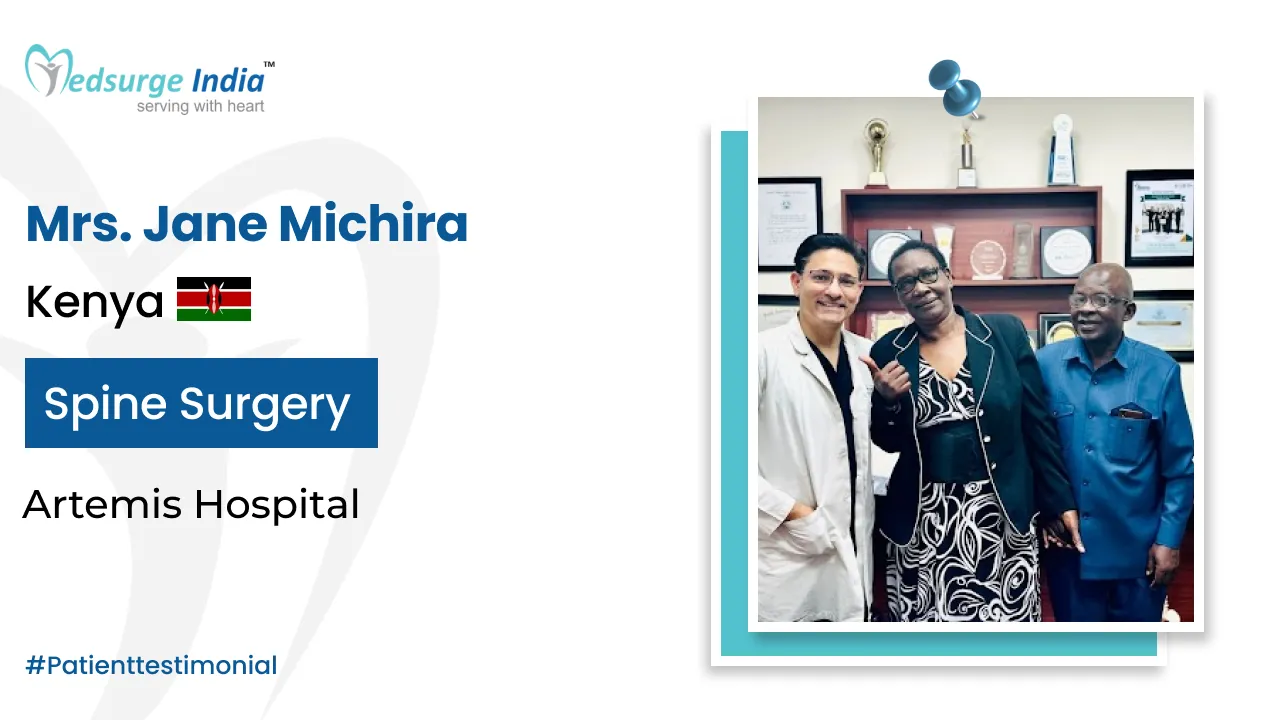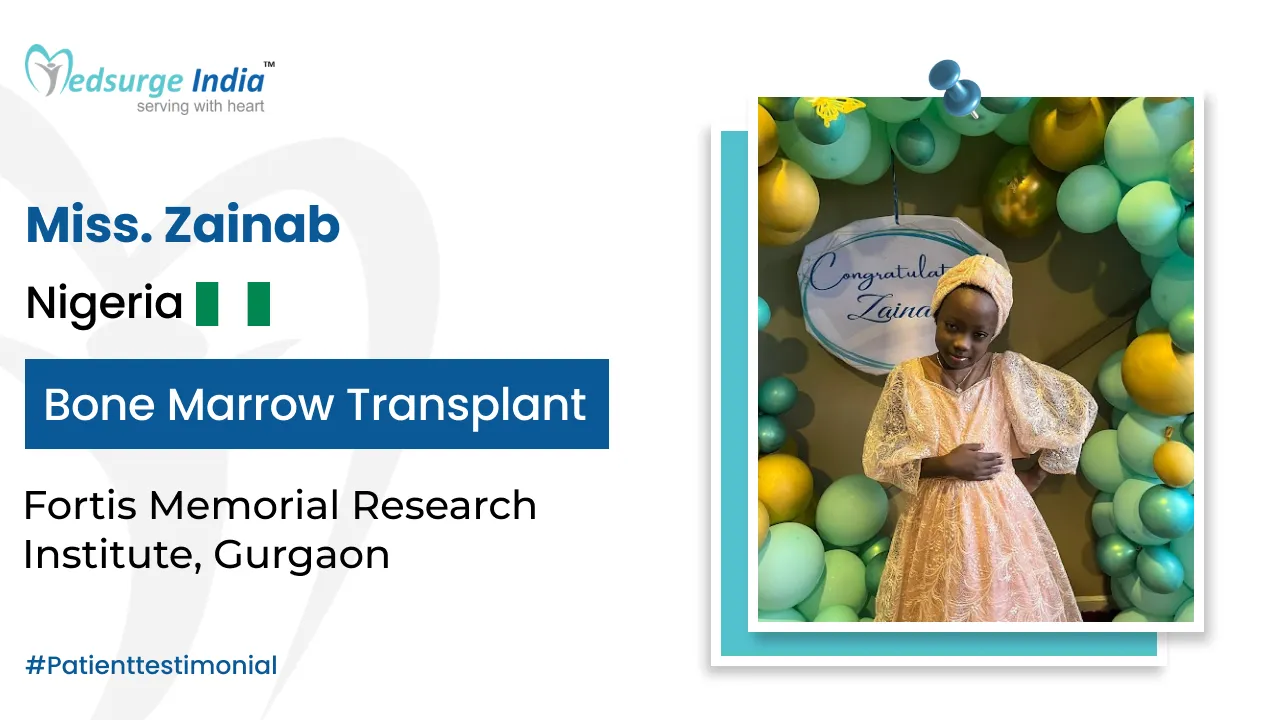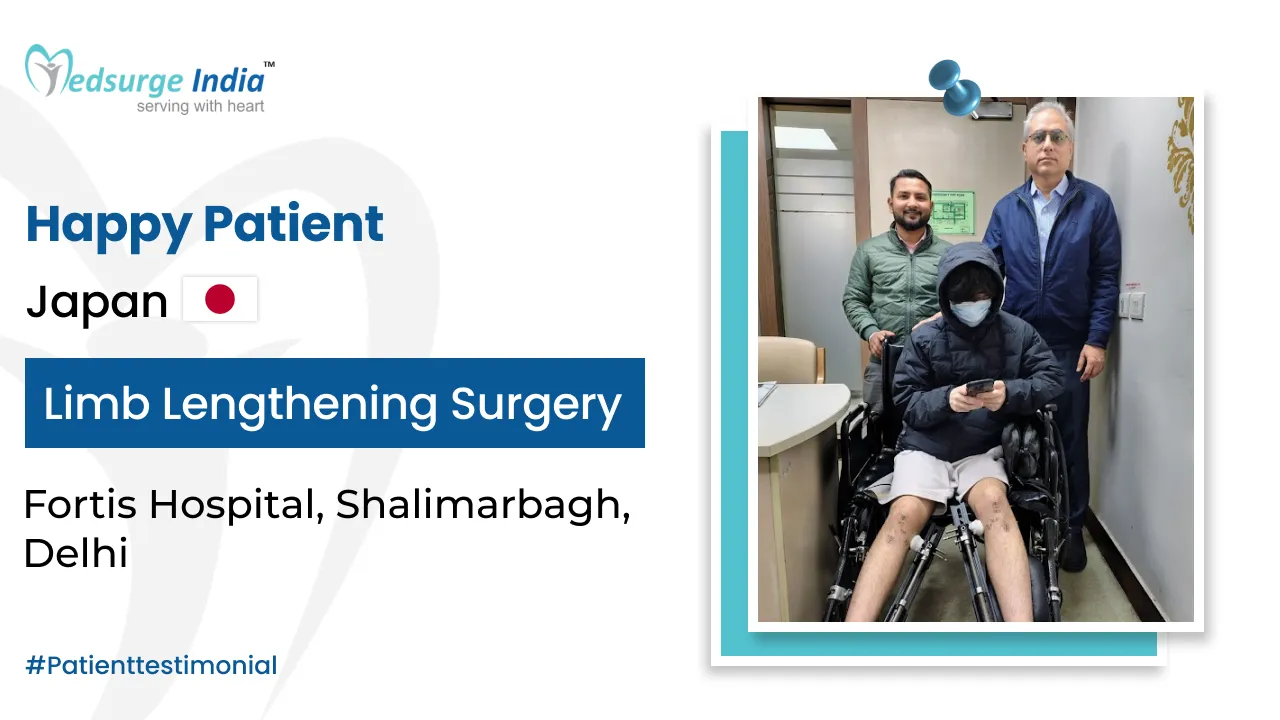
One of the most complex surgical procedures is artificial spine lumbar disc replacement. In the lower part of the spine, it replaces the worn or degenerated disk with an artificial one made of metal or a mixture of metal and plastic.
This artificial disc replacement is a spine or back surgery to alleviate back pain while retaining a more natural motion than other procedures such as Spinal Fusion to explain further. The spine is composed of vertebrae-called bones, and there are discs between these bones that act like a cushion to rotate and move without rubbing the bones against each other. At the bottom of the spine lie the lumbar vertebrae and discs.
Bones often degenerate due to old age, gender, excessive weight or overuse due to high-impact sports or strenuous activities that cause decreased spinal region mobility.
Indications for Artificial Spine Lumbar Disc Replacement
Not everyone with low back discomfort is a good candidate for lumbar disc replacement. To determine your eligibility, tests will be administered. If the following conditions exist, lumbar disc replacement is recommended:
- The majority of your back discomfort is caused by one or two discs in your lower spine.
- You don’t appear to be overly fat.
- There are no severe facet joint disorders or bony compression of the spinal nerves in your case.
- You’ve never had lumbar spine surgery before.
- There are no deformities in the spine.
Diagnosis and Tests
- Physical examination of the spine
- MRI
- CT Scan
- X-Ray
- Discography
- Blood tests
Artificial Spine Lumbar Disc Replacement Cost in India
Artificial Spine Lumbar Disc Replacement Cost in India on average starts from USD 6000. Keep in mind that the cost of Artificial Spine Lumbar Disc Replacement in India will depend on various other factors.
Artificial Spine Lumbar Disc Replacement Cost In Different Parts of India
| Cities | Starting Price |
| Delhi | USD 6000 |
| Gurgaon | USD 6000 |
| Noida | USD 6100 |
| Mumbai | USD 6200 |
| Hyderabad | USD 6000 |
| Chennai | USD 6000 |
| Kolkata | USD 6000 |
| Bangalore | USD 6200 |
Please note that the pricing and the treatment for Artificial Spine Lumbar Disc Replacement cost in India will vary depending on the patient’s choice and other various factors.
Factors That Can Affect Artificial Spine Lumbar Disc Replacement Cost in India
The following here are some variables that can affect Artificial Spine Lumbar Disc Replacement Cost in India:
- Medication costs.
- Duration of treatment.
- Geographical location.
- Hospitalization expenses.
- Government policies and subsidies.
- Medical tourism packages.
- Hospital reputation and infrastructure.
- The expertise and experience of medical professionals.
- The type and frequency of diagnostic procedures.
- The choice of treatment modality.
In addition, the quality and level of medical care and facilities offered are on par with renowned healthcare institutions worldwide, even after factoring in the costs of accommodation, meals, and transportation. Moreover, under the guidance of highly proficient doctors, Medsurge India ensures that patients receive the most affordable Artificial Spine Lumbar Disc Replacement Cost in India.
Get Free Cost Estimation
Procedure
Artificial Spine Lumbar Disc Replacement Procedure
Before Procedure:
- Your orthopaedic surgeon will take a physical examination of your spine.
- You will be asked to do the diagnostic tests.
- Inform your doctor of all your medical history along with current medications and allergies.
- Your doctor will discuss if you are the ideal candidate and if so, the surgical procedure and the best disc suitable for you.
- You will be asked to stop certain medications such as blood thinners or herbal supplements.
- You will be asked to stop smoking if you do as smoking slows down the healing process.
- You will be asked to reduce your weight if excessive.
- Ensure you eat a healthy balanced diet.
- You will be asked to fast 8 – 12 hours before surgery.
- You will be asked to take medications with small sips of water before surgery.
During Procedure:
- You will be given general anaesthesia, so you will not experience any pain during the surgery.
- Surgery usually lasts around 2 to 3 hours.
- A catheter may be placed in your bladder to make urination easier.
- The orthopaedic surgeon and vascular surgeon will work together as a team.
- The surgeon will make an incision on your abdomen.
- Your organs and blood vessels are moved to the side to access the spine without having to move the nerves.
- The surgeon will remove the problematic disc and replace it with the artificial one.
- Your organs are placed back in their original positions and the incision is closed.
After Procedure:
- You will need to stay in the hospital for about 2 – 3 days or more depending on your recovery.
- Pain medication may be administered if you need them.
- Your catheter and IV drip will be taken out in a few days.
- You will be asked to stand and walk a day after surgery.
- Since this surgery does not need any bone to heal, recovery may be faster.
- A physical therapist will show you how to move about and exercise your trunk for quicker rehabilitation and recovery.
- It is imperative to avoid anything that causes you to overstretch your back.
- Lumbar disc replacement improves mobility and lower back pain, but it does not completely eliminate pain. You may talk to your surgeon on realistic expectation of the outcome.
- You will be requested to do a regular follow up.
Risks and Complications
As with any surgery, lumbar disc replacement is not without any risk. Some of the complications that could occur are as follows:
- Infection of the artificial disc or the area around it
- Dislocation of the disc
- Loosening or wearing out of the implant
- Fracturing or failure of the implant
- Stiffness or rigidity of the spine
- A badly positioned implant causes problems
- Narrowing of the spine
- Blood clots
Factors Affecting the Cost of an Artificial Spine Lumbar Disc Replacement
The cost price may vary due to certain factors like:
- Location of the hospital
- Choice of hospital
- Cost of diagnostic tests
- Surgeon’s fee
- Medical treatment
- Duration of hospital stay
Top Spine Surgeons in India
The Most Important Frequently Asked Questions
Q: How Am I Going to Know About My Lumbar Disc Replacement Eligibility?
A: Checks will be carried out to verify your suitability and to take your medical background and general health into account.
Q: Why Are Bones Degenerating?
A: Bones normally degenerate due to old age, heavy weight or wear and tear due to high-impact activities. Females are found to be more vulnerable than men to bone degeneration.
Q: What Is the Function of an Artificial Implanted Disc?
A: Like the original disk, the artificial disc can serve as a cushion between the bones, helping to rotate and move without crushing the bones. This will help to give you a more stable movement.
Q: What Material Is Used to Create the Artificial Disc?
A: Artificial disks are available in metal or in metal and plastic combinations. Polyethylene (a medical grade plastic) and medical grade cobalt chromium or titanium alloy are the materials used.
Q: Would My Body Be Compliant with the Materials in the Artificial Disk?
A: These graded medical materials are considered healthy for our body and do not react as a foreign material to the body. It is non-toxic and non-corrosive to titanium. Speak to your doctor about the products being biocompatible.
Q: How Long Am I Going to Be Hospitalized For?
A: Depending on your recovery, you can remain in the hospital for only 2 to 3 days, but it can take longer.
Q: How Painful Is the Operation?
A: General anaesthesia will be given to you during the procedure and you will be in deep sleep, so you will not feel any discomfort. You can, however, experience any discomfort or pain in the surgical area after surgery. If required, pain killers are available.
Q: When Is My Follow-Up Going to Be Planned?
A: After surgery, the first follow-up is usually within 2 weeks. Along with an analysis of the medicine, the surgical site will be checked. X-Rays and other necessary stuff will be done if and when appropriate. To review the recovery, daily check-ups must be performed.
Q: What Is the Prognosis for Removing the Artificial Spine Lumbar Disc?
A: Various clinical studies in medical journals reflect good results from artificial disc replacement of about 89-97 percent. Most patients report a huge change in their back pain. It must be remembered, though, that it does not remove the pain entirely. You should discuss the reasonable expectations of this with your doctor.
Q: When Am I Going to Be Able to Return and Be Involved at Work?
A: Depending on your recovery, 2 to 3 weeks after surgery, you might be able to do light work. Within 3 months after surgery, you can be involved in light athletic activities, provided that the back pain has subsided and your back is improved by physical therapy.
Q: How Soon Will I Be Able to Drive?
A: Considering the pain has diminished, you should start driving 1-2 weeks after surgery. You will want to stop driving while taking narcotic pain medication.
Q: When Will I Fly for the Long Haul?
A: This will typically take 4 to 6 weeks, but it depends on your recovery. The best person to recommend the time for travel might be your surgeon. For full benefit, you may may want to become acquainted with airline policies for patients.
Q: When I Fly to India, Do I Need to Bring a Yellow Fever Vaccination Certificate?
A: Okay. If you come from Africa, South America or other countries where there is yellow fever. To search the list of countries, click here. The certificate needs to be held by both adults and kids.
Q: Do I Need a Certificate of Oral Polio Vaccination?
A: Okay. All travelers from Afghanistan, Pakistan, Kenya, Ethiopia, Nigeria, Somalia and Israel are required to bring a Certificate of Oral Polio Vaccination (OPV) that must be obtained no earlier than 6 weeks prior to entry. Both adults and children are protected by this law.
Q: If I Go to India for Treatment, Will I Get a Visa Upon Arrival?
A: Yes, if you’re from Japan, the Philippines, Cambodia, Finland, Indonesia, Luxembourg, Myanmar, New Zealand, South Korea, Singapore and Vietnam. Travellers from Bhutan, Nepal and the Maldives are allowed to enter India for up to 90 days without a visa.
Q: What Are the Conditions for Eligibility for a Medical Visa to India?
A: You can apply for a medical visa to India if you have a valid passport and visa and are seeking medical care at a recognised and reputed hospital in India. Under separate attendant visas, up to 2 attendants who are blood relatives will accompany the patient.
Top Hospitals for Artificial Spine Lumbar Disc Replacement in India
Top Doctors for Spine Surgery
Dr. Saransh Gupta
Consultant
Experience: 17 Years
Indian Spinal Injuries Center, New Delhi
New Delhi, India
Dr. Rajagopalan Krishnan
Senior Consultant
Experience: 35 years of experience
Indraprastha Apollo Hospital, New Delhi
New Delhi, India
Dr. Vineesh Mathur
Director , MBBS, MS, DNB
Experience: 28+ years of experience
Medanta - The Medicity, Gurgaon
Gurgaon, India
Dr. Neeraj Gupta
Consultant
Experience: 20 Years
Indian Spinal Injuries Center, New Delhi
New Delhi, India
Dr. Vikas Tandon
Senior Consultant
Experience: 23 Years
Indian Spinal Injuries Center, New Delhi
New Delhi, India
Dr. H. S. Chhabra
Chief of Spine and Rehabilitation Centre
Experience: 32 Years
Sri Balaji Action Medical Institute, Delhi
Delhi, India
Dr. Vidyadhara S.
HOD
Experience: 21 Years of experience
Manipal Hospital (Old Airport Road) Bangalore
Bangalore, India
Dr. Sajan K Hegde
Senior Consultant
Experience: 34 years of experience
Apollo Hospitals, Greams Road, Chennai
Chennai, India
Dr. Gururaj M
Senior Consultant
Experience: 15 Years
Indian Spinal Injuries Center, New Delhi
New Delhi, India
Dr. Ankur Nanda
Senior Consultant
Experience: 20 Years
Indian Spinal Injuries Center, New Delhi
New Delhi, India

